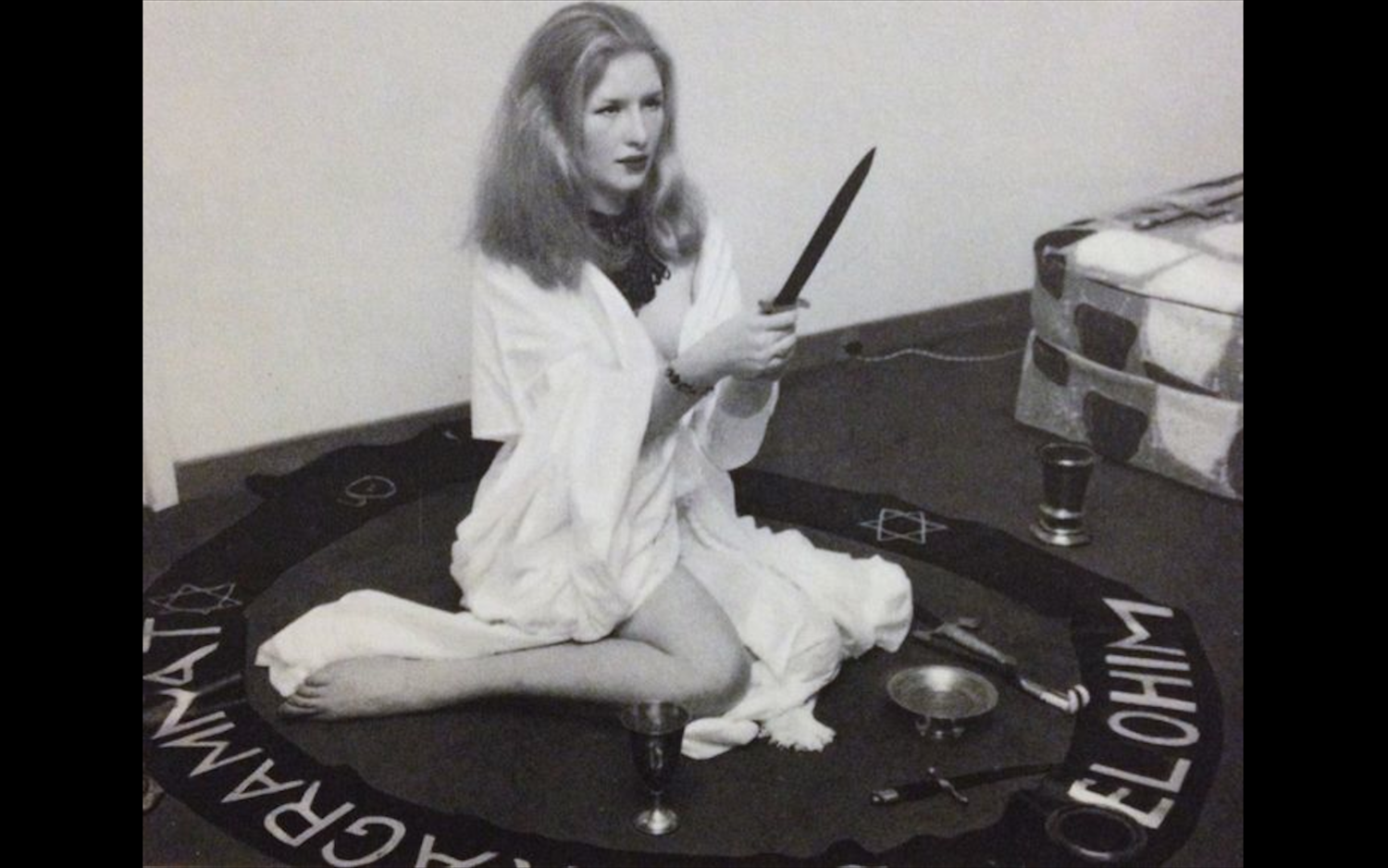Behind The Witchcraft Revival Of 1970s Britain
By Something CuratedOn 3 March 2019, occult filmmaker and scholar Gary Parsons will give a talk entitled ‘British Witchcraft Documentaries of the 1970’s’ as a special one off event at Helgi’s Bar. The talk looks at several films made before 1976 that consider the re-emergence of witchcraft within the British psyche. The discussion will be followed by a rare screening of the European print of the documentary Witchcraft ’70.
In contemporary culture, branches of witchcraft have found their way into fashion, books and magazines, as well as mainstream television and cinema. Up until 1951, the practice of witchcraft was criminalised in Britain. The broad shift in global consciousness towards the magical practice was not an easy journey. When it was ultimately repealed with the enactment of the Fraudulent Mediums Act in the UK, magic practices and elements of witchcraft began to trickle into the mainstream narrative, lifting the witch out of the underground in the “occult explosion” of the 1970s.
Parsons, behind Thelema Films and a specialist on this period of the esoteric, remembers growing up at a time when witchcraft was omnipresent. TIME famously published a cover story in 1972 that controversially declared “Satan Returns.” Horror mainstay Hammer Film Productions was in its heyday and Children of the Stones was a popular show for children based on pagan folklore. There was teens’ encyclopaedia magazine Man, Myth and Magic, detailing everything from witchcraft to zombies, potions and cults, surveying each topic from an educational stance.
The underground entered mainstream cinema with The Wicker Man and Blood on Satan’s Claw. The exhaustive writings of eminent English occultist Aleister Crowley, who advocated the Thelemite religion, became prevalent at the time, and similar figureheads of witchcraft and other strands of the occult found their way onto daytime television and BBC documentaries. Wicca, a contemporary Pagan religious movement, rode on the countercultural zeitgeist of the late 60s onward, when recreational drugs, sexual liberation and a mass distrust of authority were rampant.

Husband and wife duo Alex and Maxine Sanders were key figures in the development of modern pagan witchcraft and Wicca, embodying a new age. Rejecting conical hats and wrinkles, they were young and open about what they were practicing. Accounts of their initiations were intriguing; Maxine had allegedly been involved in astral projection since her early teens, and Alex talked of having had his scrotum nicked by his grandmother to welcome him to the fold. Their practice involved a lot of nudity and theatrical rituals. It was gold for local tabloids, and opened up the demographic for those in their teens and their twenties that wanted to embrace another offshoot of counterculture.
A similar ethos defines Legend of the Witches (1970), one of the most comprehensive explorations into modern day witchcraft on film from the era. It features men and women, performing long, nude ceremonies while telling folk stories about the gods. There is also The Dunsmore Devil Worshippers, a short film that shows something slightly more sinister. The witches involved are practicing a black mass, sacrificing a cockerel to initiate a newcomer.
By the 90s, thousands of individuals were investigated when unfounded cases of sexual abuse were connected to devil worship, largely propelled by media and the horror genre’s adoption of witchcraft. Though witchcraft was declining in popularity as the decades of free love and revolution came to a close, it was this moral anxiety that extinguished the most outward of practicing. Interestingly, today Wicca is the fastest growing religion in America, with regularly occurring witchcraft conventions across the world, Facebook groups for finding your coven, as well as Instagram witches drawing recent national media attention. Perhaps, not unlike the 70s, from mass disillusionment comes a need for revived countercultures and the possibility of new, and maybe even magical, systems of belief.
Book tickets for Gary Parsons’ ‘British Witchcraft Documentaries of the 1970’s’ here.
Feature image: Still from Legend of the Witches (1970). Directed by Malcolm Leigh. (via Pinterest)